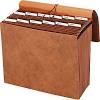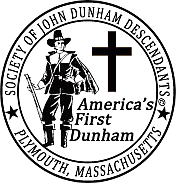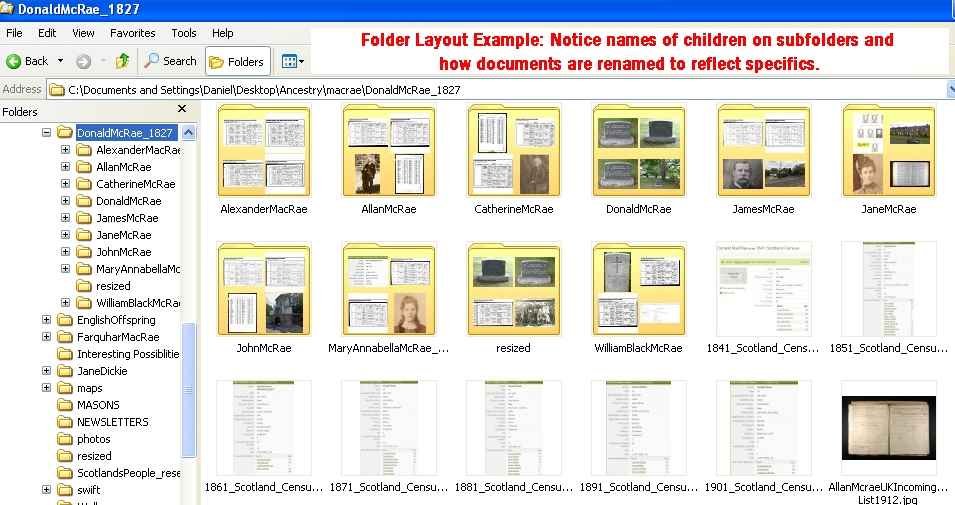Begin Your Research

(An overview and some tips on "how to" and what you should expect)
A Journey of Thoughts and Questions
Researching your John Dunham family ancestry is, for most individuals, a very personal journey. But it doesn't start that way. Expectations in our modern age might lead a person to believe that everything is recorded in a neat and readily available format...this is seldom the case in genealogy. Making a connection from one person to another may not be as simple as going online and paying for a birth record. What if you're looking for an ancestor that was born in 1775/76 during the American Revolutionary War? This was a time of chaos in America, families were separated from each other and their homes, and the only records-keeping for birth, marriages, and deaths were the churches, and they were in disarray. What if a child was born on a particular date while the mother was living with extended family towards the end of the War and and the birth was never recorded? How could you prove parentage a hundred years or more later?
You will most likely begin your John Dunham family ancestry research with your own birth and marriage certificates and then your parents and grandparents. You'll find those easily by ordering them from the local Vital Records (VR) offices where you know they were born (married, or deceased). That will likely bring you immediately back to the early 1900s. You'll feel great that you made it back that far and you'll also begin to have personal feelings as you read, then reread those documents. All of a sudden you will know a little bit more about those people - you'll begin to think about them in a more personal manner. You'll see the ages at which they were married and compare that to modern day marriage ages. You'll start to wonder about how they lived, what they were doing, what they were thinking about in their lives.
Finding Your Ancestral Allies
Without a doubt, when you find some interesting pieces of information, you are going to call your brothers or sisters, or even your parents and start asking them questions about what you've found - that's all very normal, and in some cases necessary. If you have a large family you will soon learn that you will receive varied responses of interest about your research - some positive, while some will show minimal interest. That's fine, your drive to become more familiar with your ancestry will always be personal to you...but this research, once completed, will offer answers to questions that your children and grandchildren haven't even asked...yet.
Basic / Common Difficulties
Now you have to go further back into your John Dunham history in search of documentation for your great grandparents. This is the point where you should start writing down book titles & page entries, newspaper article dates & pages and almost neccessarily joining genealogical websites (like Ancestry.com, American Ancestors and others) AND SAVING COPIES OF EVERY DOCUMENT YOU RETRIEVE WITH SPECIFIC INFORMATION ABOUT WHERE YOU FOUND THE DOCUMENT (THIS IS SO HISTORIANS CAN CONFIRM THE AUTHENTICITY OF THE DOCUMENT!!!!) This is going to be critical later on - so read Required Documentation and Help and download this PDF document containing Abbreviation Standards to help you start your research in the right way.
Choosing a Records-Keeping System
Are You a Computer User?
If you are an avid computer users, then you will understand how to make folders and folders inside of folders (and so on) - DO IT! ONE SUGGESTION is to make a single folder first - call it "My Ancestry". Inside of that folder create another folder and label it your targeted person, "JohnDunham" or Gen1. Inside that folder you will collect every document you can find on John Dunham. Also inside that folder you can create a MS Word or even a simple text document where you'll record WHERE you located each collected document, i.e.. Plymouth Vital Records Volume 1, Page 5, or Boston Newspaper June 4, 1923 Page 22, or Plymouth County Land Deeds Volume 1 Page 433. Remember that as you save a document from the internet (or other place) you should rename it so that you will be able to immediately recognize it....a suggestion is that you rename it to coincide with your text document's reference, i.e... Plymouth Vital Records Volume 1, Page 5 would become PlymouthVRVol1PG5_JohnDunhamMarriage.jpg or something similar. Also inside the folder, begin creating additional folders for John Dunham's wives and also for his child(ren) that you require. Call those Gen2, Gen3 and so on. Inside THOSE folders create folders for each person (plus one for the person they married) in the line of your ancestry...down to yourself. You'll wind up having a minimum of about 10 folders (Gen1 through Gen10, etc.), each filled with specific documents and other folders....below is an example (click on image to enlarge):
It can't be overemphasized that you should maintain a backup copy of all your files!
Not a Computer User?
If you are not as computer savvy as you would like to be, that's just fine. You can collect documents in paper folders (tabbed folders). Label them by GENERATIONS, i.e... GEN1 (for Deacon John Dunham) and include a sheet for notes and place all of your collected documents inside of that folder. Do the same for each individual you are researching. Put all your individual tabbed folders inside a marked box or an according folder!
 |
 |
 |
If you are going to use folders, be prepared to use a LOT OF PRINTER INK to print out multiple copies of documents! This can be as inexpensive as buying a second-hand printer (just a black and white printer), or saving the records to your computer and bringing them to a library (or other location) to print out each record - which you will have to pay for individually. You should always maintain at least TWO COPIES OF EACH DOCUMENT, one for your membership submission and least one copy for yourself.
New Family Members Found Along the Way
Without a doubt, your journey will include finding family members throughout the United States, and likely in other countries. Families do move - that's a part of life, so how does this help in your research? Along with a family move, stories about older family members are taken far away from where they originated. Land is sold during relocation, and also land deeds are transferred out of the family - perhaps land deeds to property that has been in the family for generations (just a thought...hint), not to mention that it only takes one "knowing" family member to tell you where another ancestor died, or was buried, when there are no records in a town where you thought that individual had died. So as you make new acquaintances with family members:
- Write down everything said after the conversation and put a date on it.
- Keep a "Contact List" of every new family member you meet or talk to (phone number, address, and other family member's names).
- Keep in touch with them and share new information that you find - KEEP THEM INTERESTED.
- Ask them to contact you if they should remember additional information or find something new.
Being Prepared for the Journey
Genealogy research takes time, devotion, focus...and finances to obtain documents and memberships. Not everyone is ready for this journey, but those who have completed their family genealogy have a special "feather" in their cap. Not just because they have accomplished a task that few others would dare enter into, but they have truly personalized their family's lineage and heritage. They have firmly grounded themselves in the present by knowing their past.
The John Dunham Society wishes you great successes on
your journey, both into the past, and into your future


